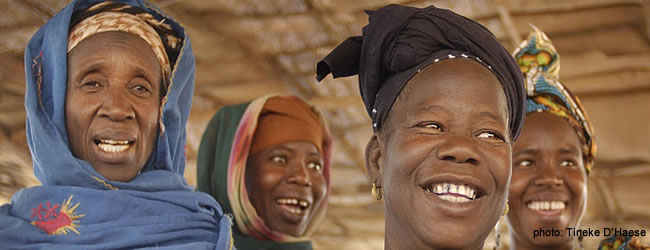(Please distribute and sign at www.acbio.org.za/activist)
Introduction
Nous soussignées, organisations de la société civile de l’ensemble du continent africain, appelons par la présente à une interdiction immédiate et totale de la culture, de l’importation et de l’exportation d’organismes génétiquement modifiés (OGM) sur le continent africain.
Nous exhortons les gouvernements d’Afrique à prendre les mesures nécessaires à la protection de la santé de leurs populations, en soutenant le présent appel et en s’engageant à mener à bien, sur le long terme, des études indépendantes et faisant autorité en matière de sécurité alimentaire.
Nous appelons également les gouvernements d’Afrique à bien vouloir prendre note de nos objections supplémentaires concernant les OGM. Celles-ci concernent le brevetage du vivant et la privatisation de l’agriculture, qui a plongé les paysans, les communautés rurales et les peuples autochtones dans la dépendance vis-à-vis du monopole des entreprises semencières privées. Nous sommes par ailleurs extrêmement préoccupés par les impacts négatifs sur la biodiversité et les changements climatiques de l’agriculture industrielle basée sur la technique transgénique.
Introduction
Nous soussignées, organisations de la société civile de l’ensemble du continent africain, appelons par la présente à une interdiction immédiate et totale de la culture, de l’importation et de l’exportation d’organismes génétiquement modifiés (OGM) sur le continent africain.
Nous exhortons les gouvernements d’Afrique à prendre les mesures nécessaires à la protection de la santé de leurs populations, en soutenant le présent appel et en s’engageant à mener à bien, sur le long terme, des études indépendantes et faisant autorité en matière de sécurité alimentaire.
Nous appelons également les gouvernements d’Afrique à bien vouloir prendre note de nos objections supplémentaires concernant les OGM. Celles-ci concernent le brevetage du vivant et la privatisation de l’agriculture, qui a plongé les paysans, les communautés rurales et les peuples autochtones dans la dépendance vis-à-vis du monopole des entreprises semencières privées. Nous sommes par ailleurs extrêmement préoccupés par les impacts négatifs sur la biodiversité et les changements climatiques de l’agriculture industrielle basée sur la technique transgénique.



